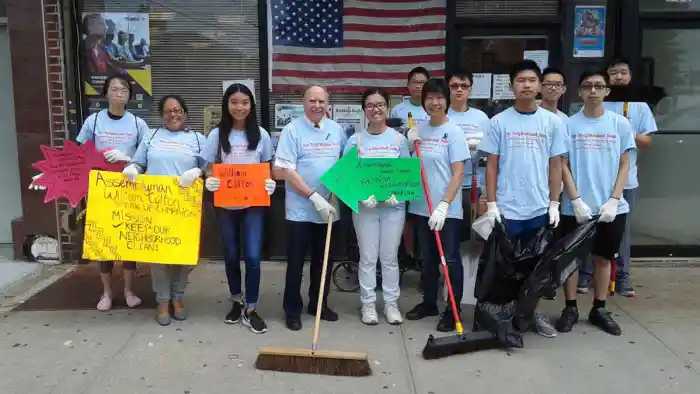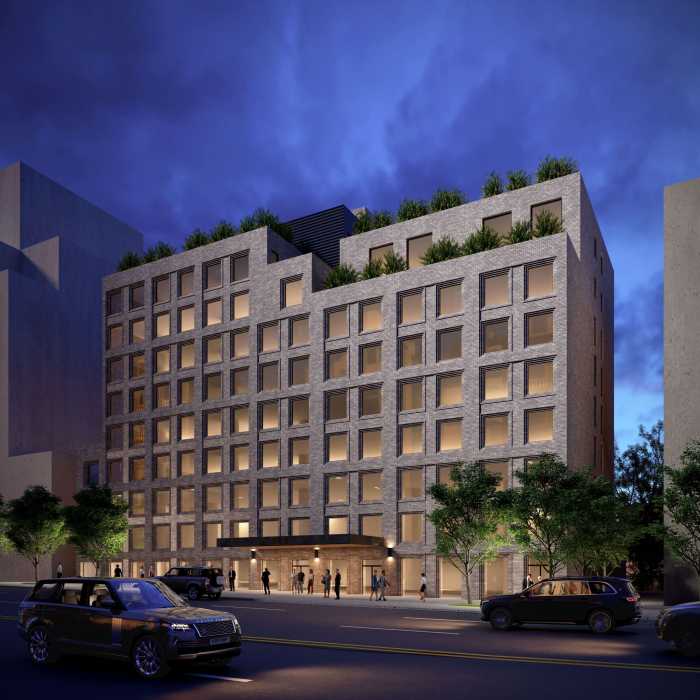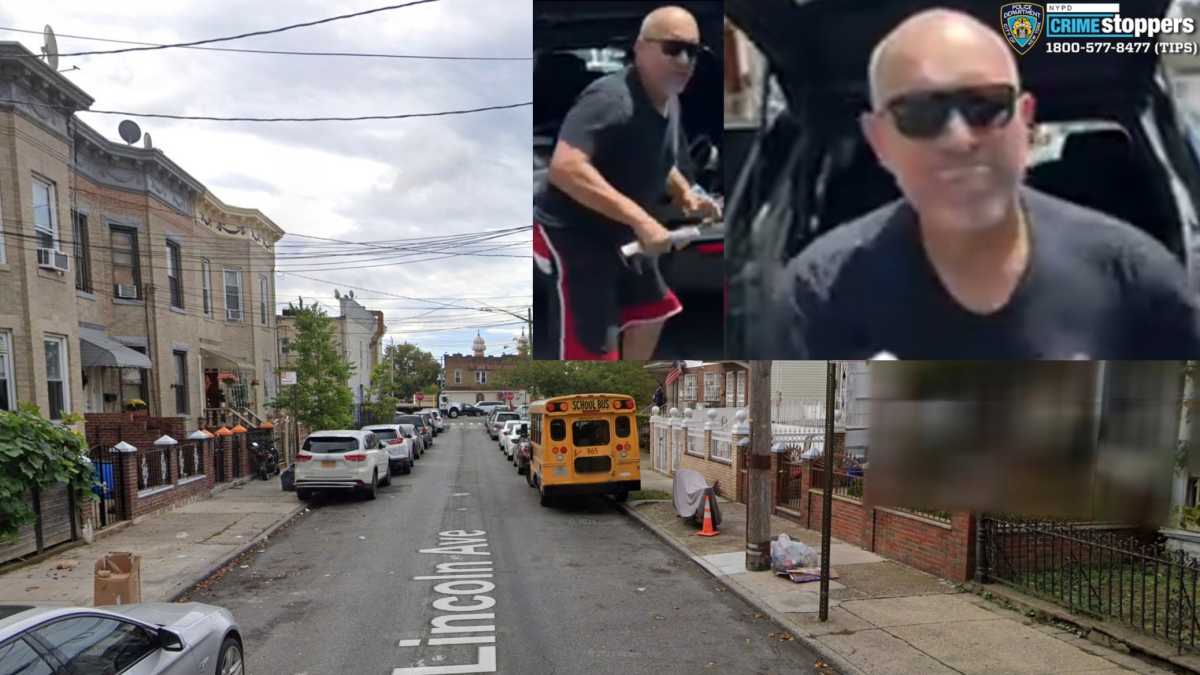To the editor,
An earlier version of your recent article, “Metho-dissed! Community board members vote no on Methodist expansion plan” (Nov. 22, 2013), quoted “Methodist reps” as saying that they would “probably sidestep the local panel.” This inaccurate characterization of our plans was later updated with an equally inaccurate statement (also later updated), “Methodist reps said that they do not have time to continue tinkering with the design.” The inaccuracy of this statement is evidenced by your very next paragraph, in which you quote me as saying that we “have made changes, and are willing to continue making changes.”
Furthermore, your reporter apparently failed to recognize that the committee asked that the proposal be withdrawn not, necessarily, so the plans could be altered, but specifically because they claimed they did not have sufficient information to justify the approval of the variances we are seeking from the City’s Board of Standards and Appeals.
Although we are happy to provide additional specific information requested by the committee, we decided not to withdraw the plan, which would add months to the approval process. In making this decision, we considered our numerous efforts to engage the Park Slope community in general, and the Landmarks/Land Use Committee in particular, by providing information, receiving input and responding to suggestions, over nearly a six-month period.
During those months, we held small and large invitational and public meetings (one co-sponsored and one sponsored by the Landmarks and Land Use Committee). We received dozens of e-mail messages and snail mail letters with community comments, concerns, and questions, each of which was answered and considered in making a total of 20 changes to the plans. When our application to the BSA was filed on Oct. 16, it was made available on our website and hard copies were sent to the community board for review by the committee members. Additional meetings were then held with representatives from the Park Slope Civic Council and Community Board 6 to discuss design and zoning issues.
As should be clear from the above information, New York Methodist certainly had no intention to “bypass the panel,” and can, in fact, continue to make changes in the design. Dealing with the consequences of your inaccurate quote has been distressing and your reporter and editor need to understand that accuracy is important.
Lyn S. Hill
The author is Vice President for Communication and External Affairs for New York Methodist Hospital.





















